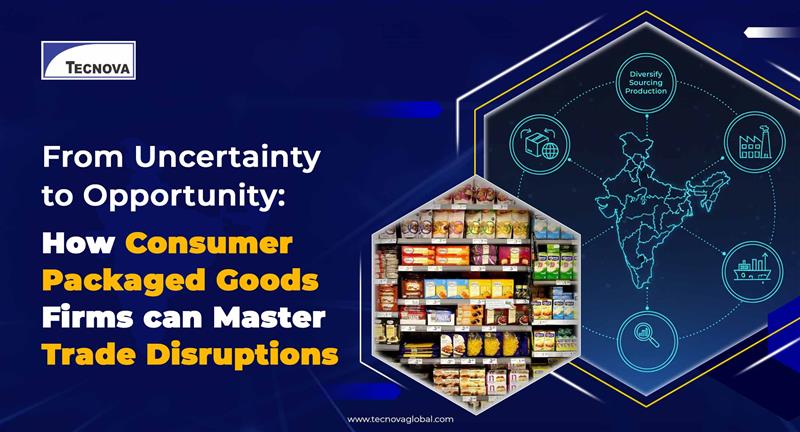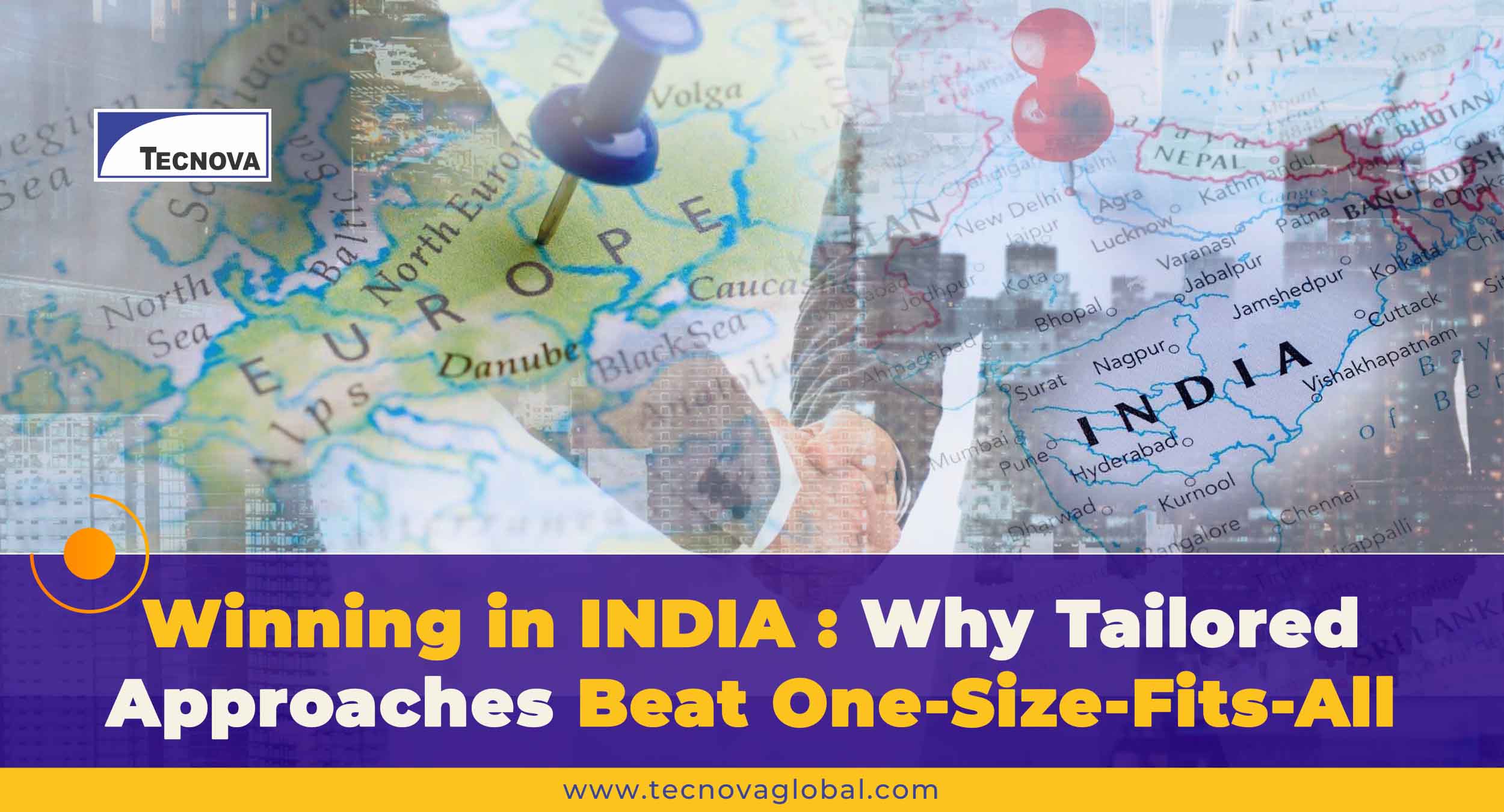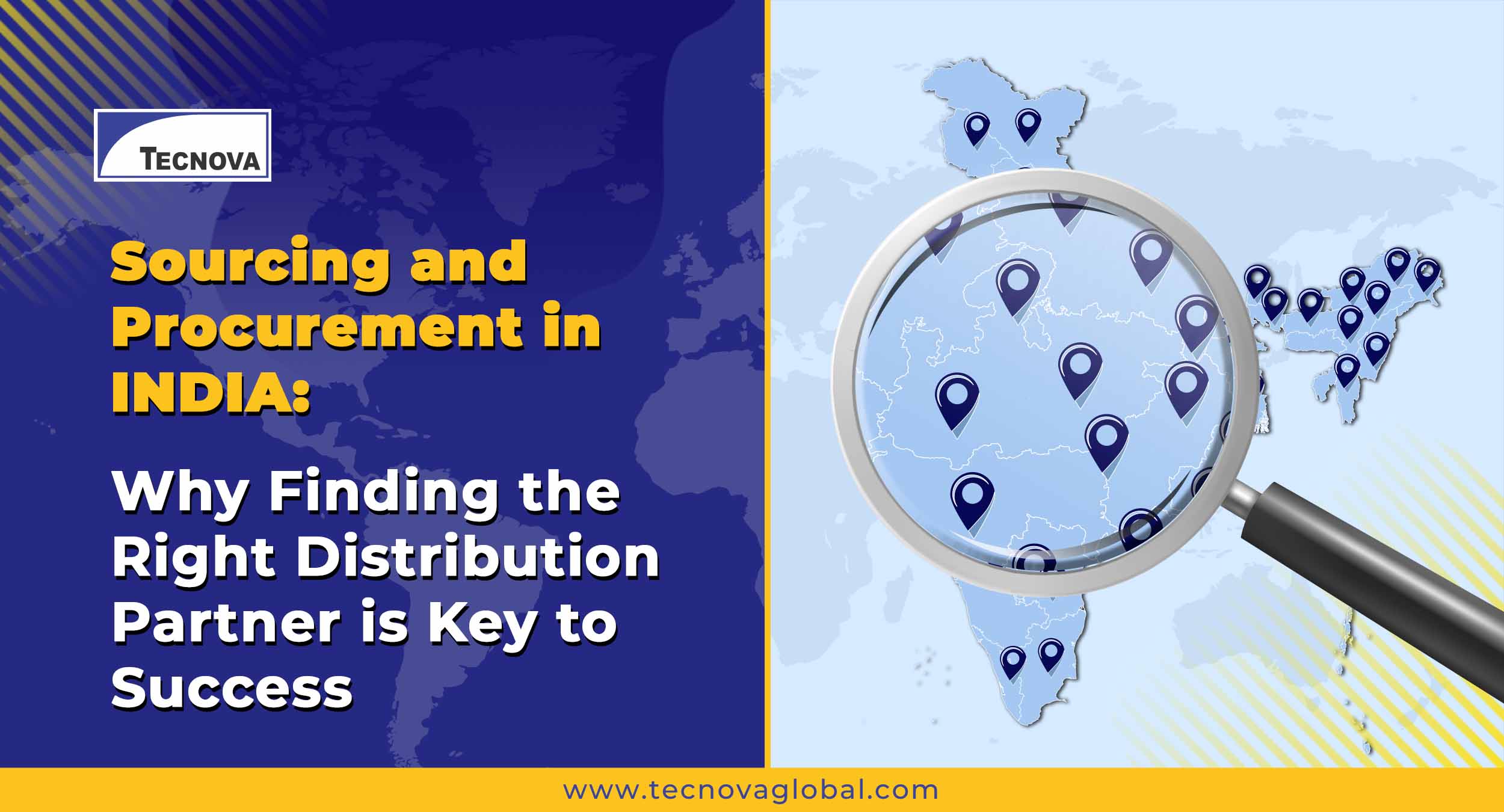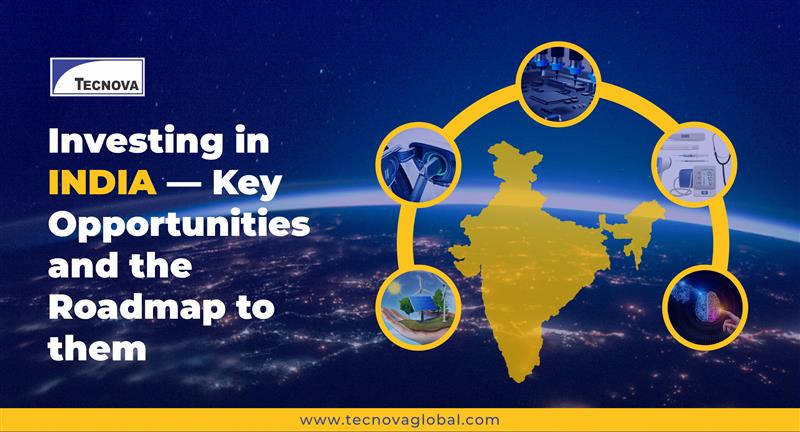India’s most important partner in Europe, undoubtedly, is Germany. Given the trade of USD 17.9 billion in the last year focusing mostly on machine tools, chemicals, textiles, and electrical goods, Angela Merkel – German Chancellor’s – recent visit to India has only further cemented the bi-lateral ties between the two nations.
Forming the India-Germany Climate and Renewable Energy Alliance between the two countries – India and Germany – for promoting renewable energy, Merkel has promised nearly Euro 1 billion for Green Energy Corridor being developed in the country. She has also promised another Euro 1 billion for solar projects. The countries have also signed 18 MoUs for higher education, railways, civil aviation, as well as food safety, and other areas. In agreement, India would be setting up fast-track mechanism for approvals for companies from Germany.
Some of the developments during the visit include:
- A single point contact would be made by the Indian Government for avoiding layers of bureaucracy. It would be the start of fast-track approval agreement.
- With this, as per an agreement, German language would be taught in schools run by the Indian Government – Kendriya Vidyalayas as well as central schools – around the country as a foreign language. While, modern Indian languages would be taught in Germany.
- Deals approximately of USD 2.25 billion by both the countries were signed. Germany would be investing in India for developing clean energy corridors as well as the solar energy sector.
- The two sides also discussed the viability of resuming the stalled India-EU Free Trade Agreement negotiations. This would be a pact – market opening pact – for boosting bilateral commerce.
- Germany also agreed at lending some experts in vocational education for turning India into an engineering giant. This would be an essential component for the ‘Make in India’ project for filling the need gap area for skilled workers.
- With this, an agreement was signed between Rohde & Schwarz and Tata Power for manufacturing “software defined secure radio communications systems” which would be used by the military.
Green energy sector to benefit the most
Prime Minister Narendra Modi said that there was an agreement reached on Climate and Renewable Alliance. He added that it has a long term vision and a comprehensive agenda for cooperation over a period of time. He opined that the value placed for corporation which was for over one billion Euros would be of great help to India.
This deal between India and Germany for Climate and Renewable would fall under the Indo-German Energy Forum that was set up in the year 2006, for promoting energy dialogue between the two nations.
This announcement was made ahead of Paris climate change conference that would be held in December 2015. In the statement, Germany praised India’s submission which was a clear determination of the contribution the country was going to make for the Paris Agreement.
Ahead of this, under the renewable energy cooperation, India and Germany signed two loan agreements which were worth Euro 125 million for financing two projects under the GEC – Green Energy Projects – program. Nearly Euro 57 million was allotted for one of the projects in Himachal Pradesh. For the other project in Andhra Pradesh, nearly Euro 68 million was allocated. By developing the Green Energy Corridors, the states would be able to provide energy which would be generated through renewable projects to the state grids, along with developing high capacity transmission corridors.
With this, the interstate network would be able to connect major renewable energy pockets around the national grid. Renewable energy was considered to be one of the focus areas for cooperation between India and Germany, and this was part of the dialogue the Prime Minister of India had when he was visiting Hannover on an earlier occasion.
Taking the tie forward
Experts opine that Merkel’s visit to India was another milestone in strengthening the relationship between India and Germany. Trade and investments between the countries has witnessed a ramp up and reached nearly USD 17 billion mark. Germany has already become the seventh biggest investor for India. And the visit by the chancellor has further given a positive impact.
Both the countries have entered a new phase with more consolidation and higher growth prospect. Agreeing to collaborate in energy sector and high technology for making ‘Make in India’ as well as ‘Digital India’ programs a success, Germany might be looking at creating a manufacturing hub for its companies in India too.
To know more, connect with our consultants at enquiries@tecnovaglobal.com





.png)




.jpg)

%20(1).png)
.jpg)



.png)






.jpeg)

















.png)

.png)








.jpg)




.jpg)





















































